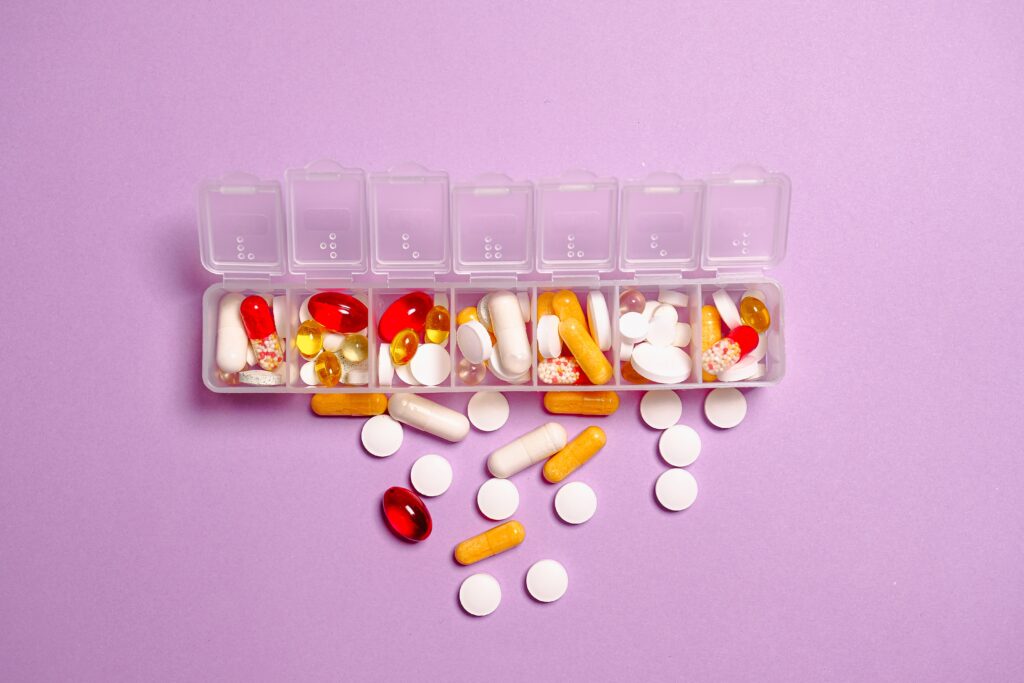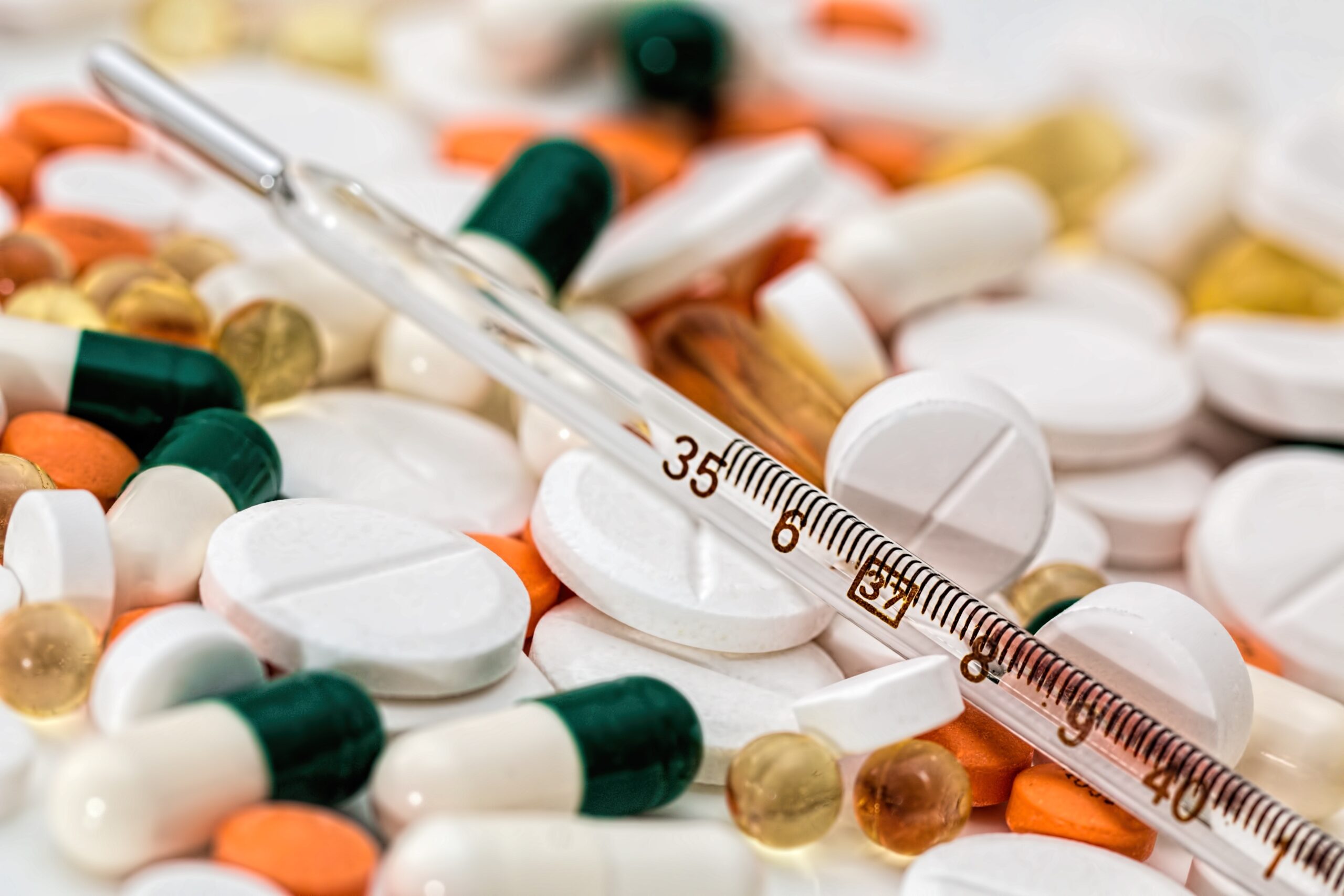Definition : OTC are known as over the counter drugs are those drugs which are safe, effective and minimum side effect for use by the general public without a prescription by physician doctor or RMP.
- It is also called prescription de controlled drugs.
- These drugs are the non prescription or over-the-counter drugs.
- These have little significant pharmacological activity and therefore the physician need not to be very much concerned about their use by the patients themselves.
- It is used primarily for symptomatic relief and not as substitutes for prescription drugs.
SIGNIFICANCE
1. Comparatively cheaper or lower in cost
2. Chemist or pharmacist himself may prescribe OTC
3. Consumers are able to
a. Self diagnose
b. Self treat
c. Self manage
OTC considered as time saving medications. Some patients do not want to spend much time at physicians clinic due to their busy life schedule.
Lesser number of side effect compared to prescription medications.
Drugs Used by Indians OTC drugs are available almost all the drug store.
Over-the-counter drug products account for 55 percent of drugs used by Indians, whereas Prescription Drugs account for 45 percent.

TYPES OF OTC MEDICATIONS:
- ANALGESICS : Analgesics drug is used for relieve pain E.g. Acetaminophen.
- ANTIBIOTICS: Antibiotic drugs are used to skin to kill the bacteria. E.g penicillin, cefixime.
- COUGH SUPPRESSENTS: This drugs are used to reduce or suppress the cough and treating dry coughs (anti-tussives) E.g codeine
- ANTI ACNE DRUGS: This drugs are use to reduce the pimples and blackheads other acne.
- NSAIDS: This drugs are used to reduce the inflammation and pain. e.g diclofenac and ibuprofen
- ANTACIDS: Antacids are the medicines are used to neutralised the stomach acids e.g omeprazole
- ANTIFUNGALS: Antifungal drugs are used to treat infection cause by a fungus E.g clotrimazole.
- ANTI HISTAMINES: Histamine is an inflammatory mediator that is associated with fatigue, itching . Anti- histamine block the H1 receptor and preventing them histamine, first generation antihistamine exert anti-cholinergic or serotonin effect as well as local anesthetic and sedative effect. e.g chlorphenaramine.
- SMOKING CESSATION DRUGS: This are the medicine that are used to help people stop smoking cigarette or using other forms of tobacco. E.g Nicotine patch
RULES FOR THE PROPER USE OF OTC DRUGS
- Patient always know what you are taking.
- Know the side and adverse effects.
- Read and heed the warnings and cautions.
- Don’t use anything for more than 1 to 2 wks.
- Be particularly cautious if also taking prescription drugs.
- If you have questions, ask a pharmacist.
- If you don’t need it, don’t use it!
SPECIAL PATIENT GROUPS
Many patient groups may be particularly susceptible to adverse events that are caused by OTC products.
They include:
1. Children
2. Women who are pregnant or breast feeding
3. Geriatric patients
4. People taking prescription drugs & people having health problems.
OTC MEDICATIONS ARE SAFE BUT NOT RISK-FREE (CAUSES SIDE EFFECT)
As with all medications, there can be risks with use.
The risks of OTC use include:
- Delay in seeking medical advice for a serious illness.
- Risk of drug-drug/herbal/dietary supplement interactions.
- Risk of adverse events.
- Potential for dependence, misuse and abuse.
- MISUSE AND ABUSE OF OTC DRUGS
- Physical dependence
- Psychological dependence
- Nonprescription products that can be severely habit-forming: decongestants, laxatives, antihistamines, sleep aids, antacids and ephedrine.
- Only 16% reads the entire product label.
- If they read them they do not follow the directions on the label.
- Abuse is most common in adolescents aged 10-17 years. Adolescents are 18% times more likely
- to die from an OTC overdose than from a illicit drug dose overdose.
RATIONAL USE OF OTC DRUGS
Rational use of medicines refers to the correct, proper and appropriate use of medicines. Rational use requires that patients receive the appropriate medicine, in the proper dose, for an adequate period of time and at the lowest cost.
RATIONAL USES OF COMMMEN OVER THE COUNTER MEDICATIONS:
- Cough remedies: Mainly Dextromethorphan is OTC drug used for cold or cough suppressant. The combination of dextromethorphan with antihistamine drug its causes serious health issues specially in children.
- Acetaminophen: Paracetamol is known as acetaminophen, it is very popular for relief fever, hangovers and headaches. To much of use of Acetaminophen can lead to liver damage and death. Liver damage may be increased in people who drink drink more alcoholic beverages.
- Aspirin: It is a type of drug classified as nom steroidal anti-inflammatory drugs or NSAIDs used as a pain killer. Uses of NSAIDs can also cause kidney damage.
- Opioids drugs(Codeine): Uses of opioids can lead to drowsiness. Do not drive or use any machinery.
- Diet pills: Most woman are use the diet pills to achieve their ideal figure, its cause harmful action on body.
